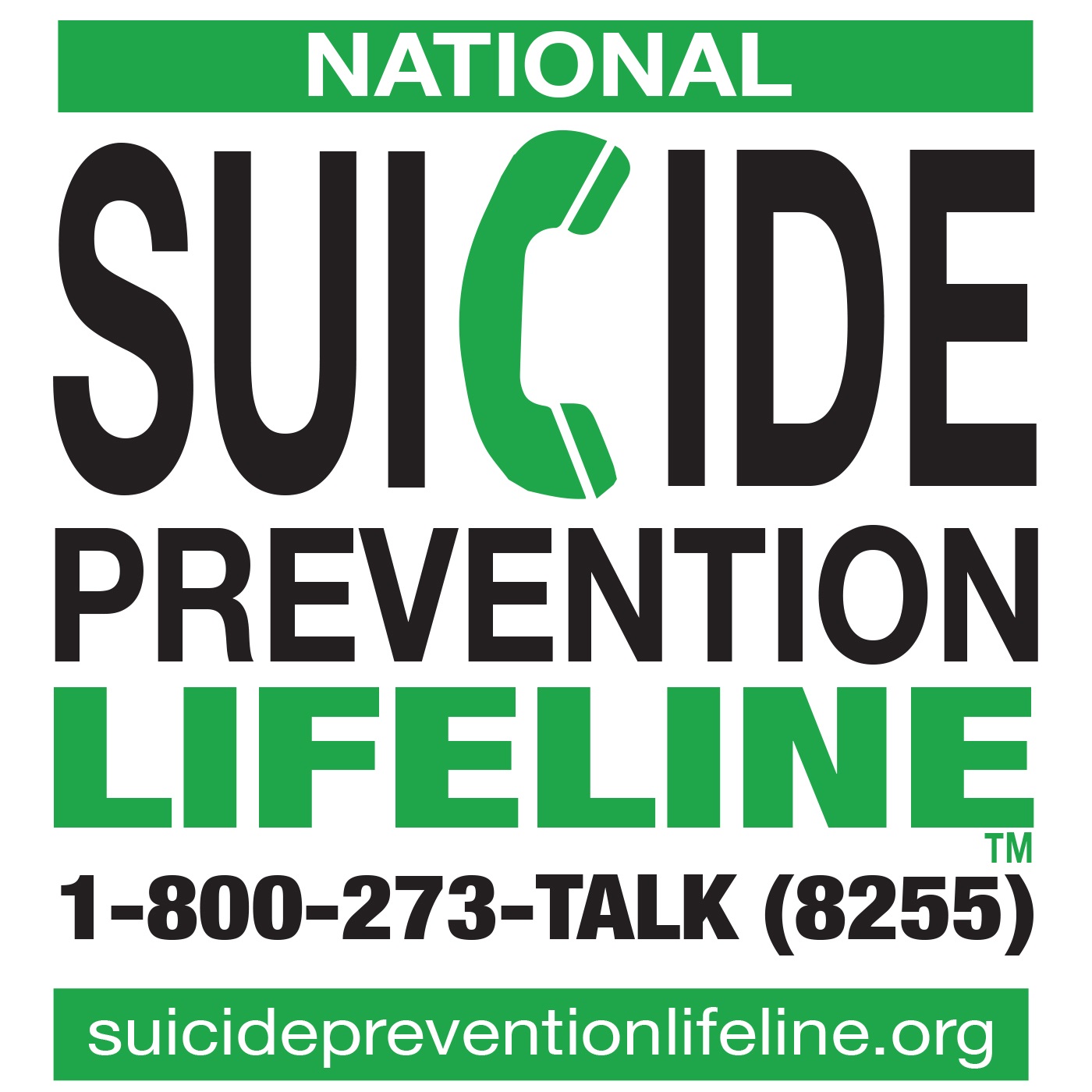


Teen Challenge International
Kansas City Girls Home
5506 Cambridge Avenue
Kansas City, MO 64129
Phone (816) 924-6565 Fax (816) 924-6575
Synergy Youth Services
816-587-4100
400 E. 6th Street
Parkville, Missouri 64152
Synergy offers a variety of services to teens and youth. STOP Violence is a program aimed at overcoming bullying and teen dating violence. Since 1971, Synergy has been providing emergency shelter and support services for young people in crisis. They also try to prevent crisis situations by helping families that are overwhelmed by serious problems such as youth with substance abuse problems or mental health disorders. For longer term housing needs, Synergy’s Transitional Living Program and new Permanent Housing Program strives to support teens in achieving self-sufficiency.
Kids TLC (inpatient and outpatient services)
480 South Rogers Road
Olathe, KS 66062
Phone: (913) 764-2887
Fax: (913) 780-3387
Helpful Mindfulness Information
For all the hype, the practice of mindfulness is very simple. It is simply attending to one’s perceptions in the present moment without thinking, analyzing, or judging. It is bare attentiveness, a quiet awareness of one’s own body in space.
Here are 7 evidence-based ways that practicing mindfulness meditation can help children: It gives kids the habit of focusing on the present moment and ignoring distractions. It teaches them to stay calm in the face of life’s stressful times.
-
It creates good habits for the future. When faced with life’s challenges, they know they can find peace by taking a few moments to meditate.
-
It promotes happiness by lowering social anxiety and stress.
-
It promotes patience.
-
It can improve executive functions in their brain like cognitive control, working memory, cognitive flexibility and better grades.
-
It can improve attentiveness and impulse control.
A Child’s Physical And Mental Health Are Both Important.
Nurture children’s confidence and self-esteem.
-
Praise Them – Encouraging children’s first steps or their ability to learn a new game helps them develop a desire to explore and learn about their surroundings. Allow children to explore and play in a safe area where they cannot get hurt. Assure them by smiling and talking to them often. Be an active participant in their activities. Your attention helps build their self-confidence and self-esteem.
-
Set Realistic Goals – Young children need realistic goals that match their ambitions with their abilities. With your help, older children can choose activities that test their abilities and increase their self-confidence.
-
Be Honest – Do not hide your failures from your children. It is important for them to know that we all make mistakes. It can be very re-assuring to know that adults are not perfect.
-
Avoid Sarcastic Remarks – If a child loses a game or fails a test, find out how he or she feels about the situation. Children may get discouraged and need a pep talk. Later, when they are ready, talk and offer assurance.
-
Encourage children – To not only strive to do their best, but also to enjoy the process. Trying new activities teaches children about teamwork, self-esteem and new skills.
Basics for a child’s good mental health:
-
Unconditional love from family
-
Self-confidence and high self-esteem
-
The opportunity to play with other children
-
Encouraging teachers and supportive caretakers
-
Safe and secure surroundings
-
Appropriate guidance and discipline
Give children unconditional love.
Love, security and acceptance should be at the heart of family life. Children need to know that your love does not depend on his or her accomplishments.
Mistakes and/or defeats should be expected and accepted. Confidence grows in a home that is full of unconditional love and affection.
Basics for a child’s good physical health:
-
Nutritious food
-
Adequate shelter and sleep
-
Exercise
-
Immunizations
-
Healthy living environment
Helpful Links
7 Tips to Raising an Emotionally Healthy Child | Psychology …www.psychologytoday.com › blog › compassion-matters
A toolkit along with other resources to help pediatricians more effectively identify and manage mental health issues …
NIMH » Children and Mental Healthwww.nimh.nih.gov › health › publications › children-a…
Talk with your child’s pediatrician. Describe the behavior, and report what you have observed and learned from talking with others. Ask for a referral to a mental health professional who has experience and expertise dealing with children. Treatment Options · Choosing a Mental Health … · Working with the School
Mental and Emotional Health | Coronavirus Resources for …www.cincinnatichildrens.org › patients › family-resources
Suggestions to help children and teens learn how to calm their anxiety. Mental Health Toolkit. Taking care of your mental health is just as important as taking care …
Learn About Children’s Mental Health | CDCwww.cdc.gov › childrensmentalhealth
Mental health in childhood means reaching developmental and emotional … Coping – Information for parents · New report: Gaps in helping adolescents with mental, … New Report: Data Governance for Children’s Mental Health: What is It and …
Children’s Mental Health Treatment and Support | Association …www.acmh-mi.org › childrens-mental-health-101 › trea…
CBT teaches kids a different way of thinking, behaving and reacting to situations and can help them feel less irritable, anxious or fearful. CBT can also help young …
Resources for Supporting Children’s Emotional Well-being …www.childtrends.org › publications › resources-for-sup…
Mar 19, 2020 — For example, children can help by following safety guidelines (e.g., washing their hands), preparing for home confinement (e.g., helping to cook …
How to Improve Your Child’s Mental Health – Verywell Familywww.verywellfamily.com › improve-childrens-mental-…
Aug 24, 2020 — Provide genuine, realistic praise. Saying things like, “You’re the smartest kid in the whole school,” won’t help your child develop healthy self- …
Emotional Wellness Tips for Families – Growing Up Healthy …www.nemours.org › health › growuphealthy › emotion
Tips and resources for families on how to help children develop emotional wellness, social skills and life skills.









